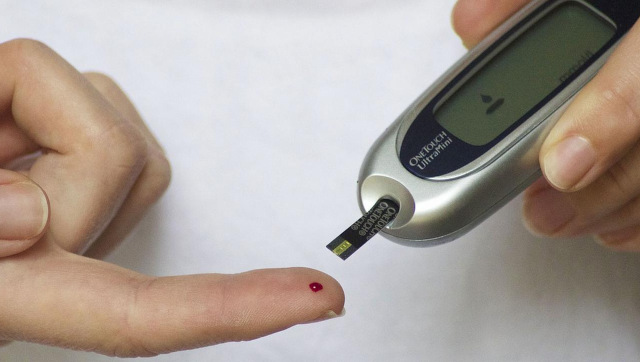Type 2 diabetes is a chronic health condition that occurs when your body either does not produce enough insulin or is not able to use insulin well. The condition affects the majority of people with diabetes and is more commonly seen in middle-aged and older people. Those who are obese or have a family history of the condition are also more likely to develop type 2 diabetes. As per the International Diabetes Federation, the prevalence of the condition is rising so rapidly that diabetes has become one of the greatest challenges of the 21st century. A group of researchers at the Indiana University School of Medicine say that evolutionary mutations in the insulin gene may have made most humans susceptible to type 2 diabetes. The findings of the study are published in the Proceedings of the National Academy of Sciences of the United States of America. Mutations and evolution Mutations are tiny changes in the DNA of an organism that may occur spontaneously every time the cells make a new DNA copy or due to exposure to chemicals or radiations. These mutations can lead to additions, substitution or deletions in the genetic sequence and make the raw material for evolution. Point mutations (changing of a single nucleotide or sugar in DNA), even deletions in a gene can prove to be beneficial for humans and help them better adapt to their surroundings or changing environments. On the other hand, some mutations can also be harmful and lead to genetic diseases or give the organism a disadvantage when it comes to survival. The latest study The mutations in the insulin gene are proving to be harmful to humans. These mutations affect protein folding, which helps proinsulin reach its functional shape. Protein folding is an important process wherein a newly formed protein folds into a 3-dimensional conformation and attains its normal function. Proinsulin is a straight-chain precursor to insulin. “Biological processes ordinarily evolve to be robust, and this protects us in the majority of cases from birth defects and diseases," said Dr Michael Weiss, lead investigator of the study, in a news release by the Indiana University School of Medicine. “Yet diabetes seems to be an exception.” The authors of the study also added that over the past 540 million years, humans have evolved so that they are vulnerable to several mutations in the insulin gene. This vulnerability, in turn, has made them prone to monogenic (related to a single gene) diabetes. It has also caused insulin to better adapt to obesity, ultimately leading to obesity-related diabetes. Interestingly, the researchers indicated that even small mutations in the insulin gene not only affect insulin folding but also stresses beta-cells, which are the cells in the pancreas that produce insulin. This stress then impairs beta-cell function and eventually damages these insulin-producing cells, worsening the situation. In the news release, the study authors pointed out that this new information will help better understand the pathogenesis of type 2 diabetes. It will also help develop better drugs for preserving insulin production in the high-risk population. For more information, read our article on Diabetes. Health articles in Firstpost are written by myUpchar.com, India’s first and biggest resource for verified medical information. At myUpchar, researchers and journalists work with doctors to bring you information on all things health.
Type 2 diabetes is a chronic health condition that occurs when your body either does not produce enough insulin or is not able to use insulin well
Advertisement
End of Article


)

)
)
)
)
)
)
)
)



